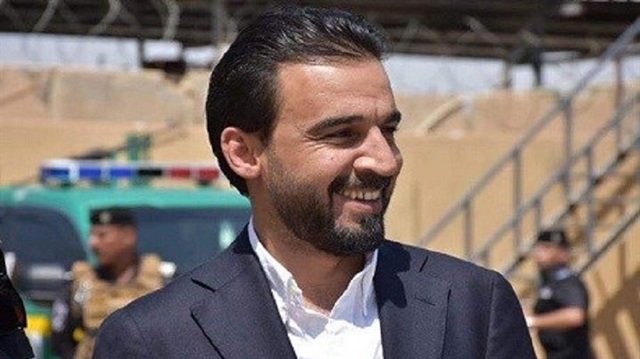

Mohammed Al-Halbousi
Iraq's parliament elected Sunni lawmaker Mohammed al-Halbousi as speaker on Saturday, marking an important step towards establishing a new government four months after an inconclusive national election.
Parliament had been due to elect a speaker and two deputies during its first meeting on Sept 3, but failed to do so as lawmakers were unable to determine which competing bloc had the most seats.
Halbousi's election marks the start of a 90-day process outlined in the constitution, designed to eventually lead to a new government.
Lawmakers must next elect a new president and task the leader of the largest bloc to form a government as prime minister. But a dominant bloc has yet to emerge, against a backdrop of shifting political alliances.
Halbousi defeated former Defence Minister Khaled al-Obeidi, winning the position with 169 votes, according to Shi'ite lawmaker Husham al-Suhail. Iraq's parliament contains 329 seats.
Announcing the vote, the temporary leader of the assembly said Halbousi, 37, had become the youngest speaker of parliament in Iraq's history.
Before running in May's national election as a candidate on the Anbar Our Identity electoral list, Halbousi was the governor of Anbar province. He had previously served in Iraq's parliament, from 2014 to 2017.
Since Saddam Hussein was toppled in a 2003 U.S.-led invasion, power has been shared among Iraq's three largest ethnic-sectarian components. The prime minister has traditionally been a Shi'ite Arab, the speaker of parliament a Sunni Arab and the president a Kurd.
Iraqis voted in May in their first parliamentary election since the defeat of Daesh, but a contentious recount process delayed the announcement of final results until last month.
#Iraq
#parliament
#Mohammed Al-Halbousi


